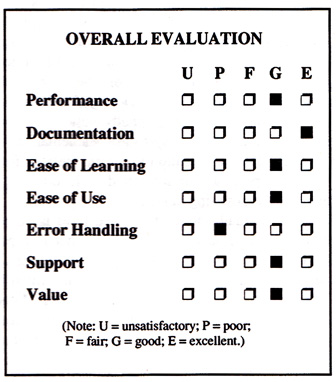Assessment vs Evaluation
Assessment and Evaluation are two distinct concepts with various differences between them, including their objectives and focus. These processes are often used in the field of education to test the quality of teaching and learning processes, allowing educational institutes to identify ways to improve the education they offer.
What is Assessment?
Assessment refers to understanding the state or condition of a process through objective measurements and observations. In education, assessment aims to improve the process, focusing on learning, teaching, and outcomes. Assessment is an ongoing process designed to enhance learning. For example, a lecturer may give students a small paper to gauge their understanding of the subject components and to determine how much they have learned.
What is Evaluation?
Evaluation involves determining the value of something. In education, evaluation means measuring or observing the process to judge or determine its value by comparing it to others or a standard. The focus of evaluation is on grades. Evaluation is a final process aimed at understanding the quality of the process, often determined by grades. An evaluation may come in the form of a paper that tests each student’s knowledge and assigns grades, measuring the quality of the program.
Key Takeaways
- Assessment is an ongoing, formative process that focuses on improving the process, while evaluation is a final, summative process that focuses on the quality of the process.
- Assessment findings are diagnostic and identify areas needing improvement, while evaluation findings are judgmental and result in an overall score.
- Assessment criteria are flexible and can be changed, whereas evaluation criteria are fixed and used to reward success or punish failure.
